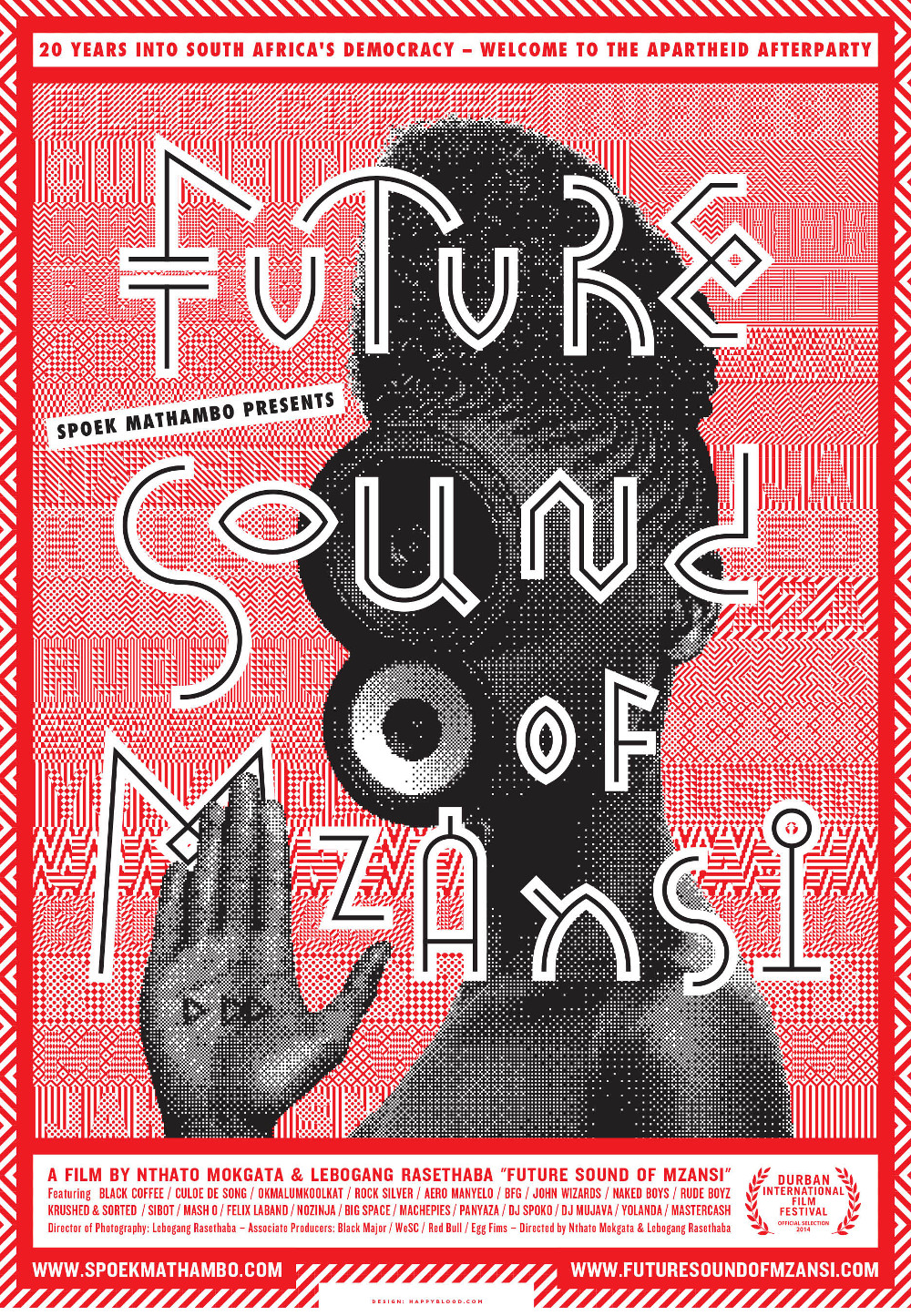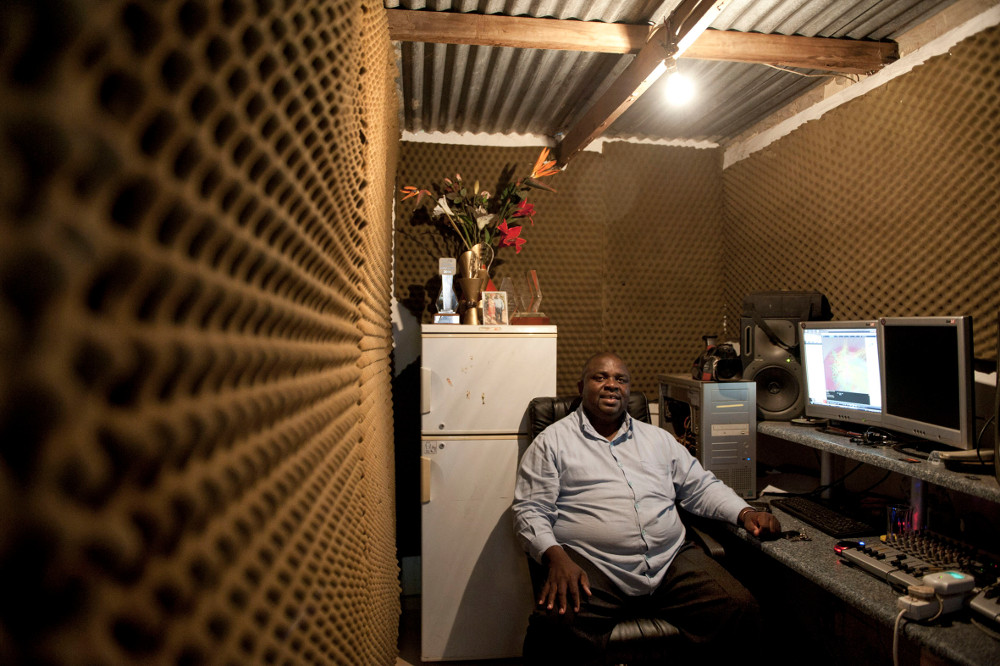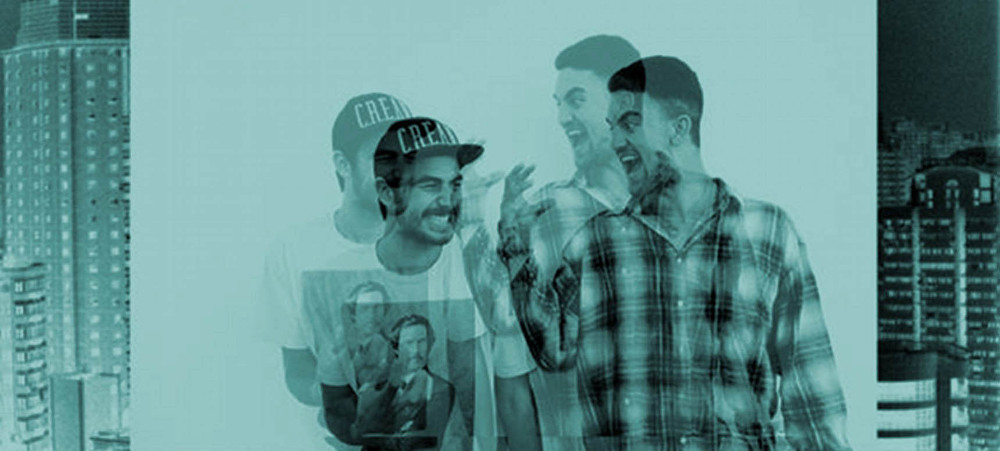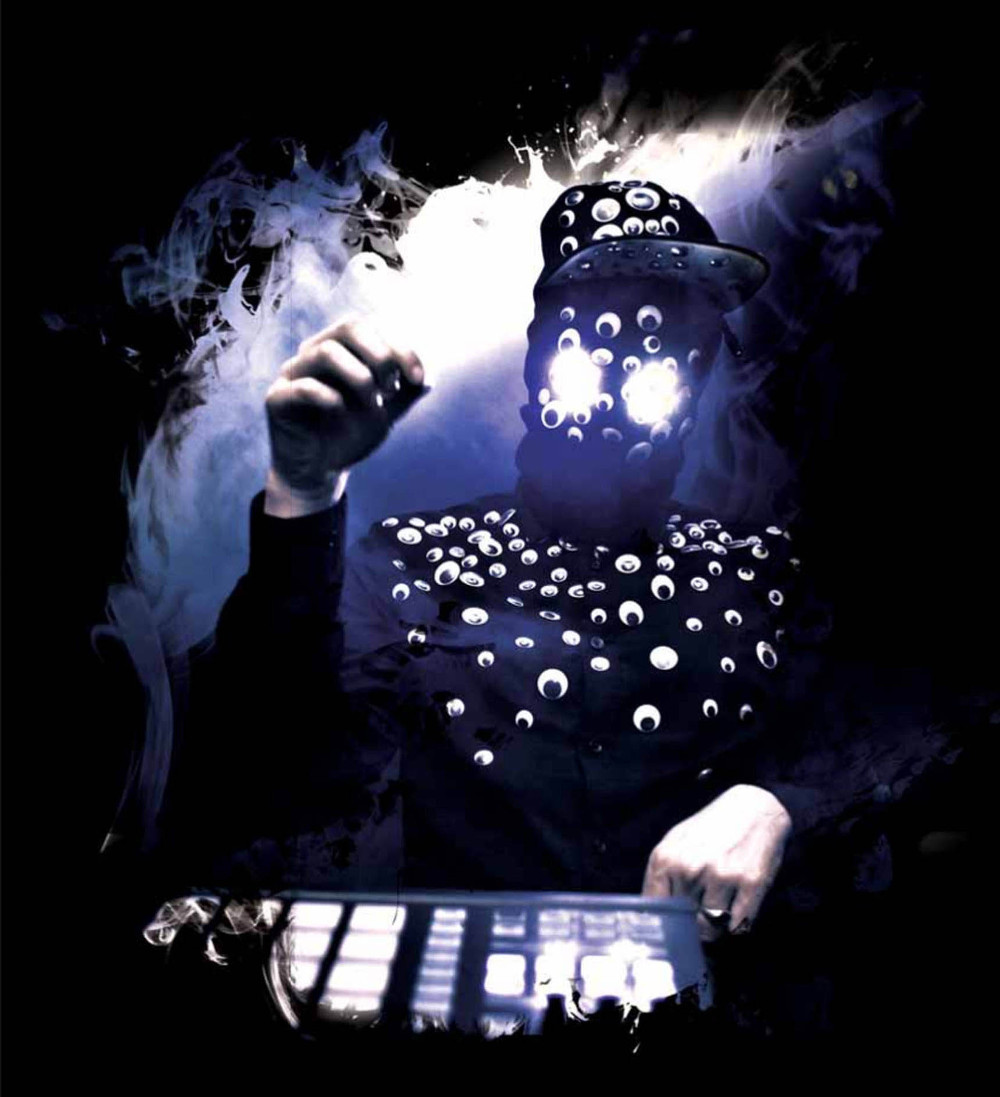Melinda Gates.
The “I’m famous like brown bread!” DJ, Machepies, needs no introduction on the streets of “Little Miami” – otherwise known as Atteridgeville – in Pretoria. Like his friends, DJs Mujava, Panyaza and Spoko, Machepies is known for pioneering his own brand of house music dubbed bacardi (because it’s loved like the alcohol brand) or sgubhu saPitori, a subgenre of electronic music that rocks spin parties, where locals gather to let loose and show off tricked-out cars.
Though bacardi’s fame has spread to Europe and the United States, it hasn’t been as popular in the rest of South Africa. Bacardi is among a number of subgenres surfacing in the electronic music movement. And the movement is part of a bigger conversation that is mapped and explored in Future Sounds of Mzansi, a documentary by local rapper Spoek Mathambo (Nthato Mokgata) and Lebogang Rasethaba, of Egg Films, and produced by Black Major, an artist management company.
The documentary premiered at the Durban International Film Festival this past weekend, and Cape Town and Johannesburg screenings will follow next month.

“It’s a look at the state of affairs of electronic music in South Africa. The term ‘electronic’ refers to the fact that songs are recorded digitally instead of with real instruments,” explains Mokgata. Using Spoek Mathambo’s 2012 countrywide tour as a vehicle, the pair travelled Mzansi in search of producers of and pioneers in an array of indigenous subgenres including house, Durban’s gqom and northern Shangaan electro.
Beyond being a discussion of the music, Future Sounds of Mzansi interrogates the socioeconomic and geographic realities of South Africa’s legacy of division. It also shows how a generation of creators and innovators is bridging the divides and making the world listen through whatever way is available to them.
“We traced songs that live on the internet and are passed around on WhatsApp anonymously. The beats have taken centre stage and the names behind them don’t matter any more. Nobody’s waiting to be signed to make a hit record,” says Mathambo.
Electro artists
Featured in the film is an exciting range of emerging electronic music artists from various South African cities including Aero Mayelo, Black Coffee, Christian Tiger School, Felix Laband, John Wizards, Krushed & Sorted, Machepies, Markus Wormstorm, Rude Boyz, Sibot, DJ Spoko, Zaki Ibrahim, Okmalumkoolkat and Nozinja.
Let’s examine two players making noise in their respective genres.
Durban-bred rapper and dancer Okmalumkoolkat (Smiso Zwane) is also known as “Zulu Compurra”. The name is a reference to his vernacular rap style and his personal computer – a nod to the two elements of his success.

Shangaan electro pioneer Nozinja (Paul Botes, M&G)
Nozinja is a pioneer, promoter and activist for Shangaan electro and Shangaan culture.
His low-budget music videos on YouTube were discovered by Wills Glaspier, a producer from the United States.
He has been touring internationally for the past four years, spreading his dizzyingly fast brand of music and dance to festivals such as Europe’s Roskilde and Sonar.
Like sgubhu saPitori, Shangaan electro is much less widely supported locally than abroad.
“I see this documentary as a bedroom film made about bedroom producers. We own the means of production now,” says Rasethaba.
“Even in the poorest ‘hoods, if there is a computer, there is a music studio. Similarly, all Nthato and I needed was a decent camera to get this story out there.”
Personal reflection
They’re sure to emphasise that the film is by no means an exhaustive account of all that is happening on the scene. Rather, it’s Mathambo’s personal reflection on his career.
“It’s his list of heroes, colleagues, competition and co-conspirators as he prepares to dissolve the musical entity that is Spoek Mathambo.”

Electronic music artists Christian Tiger School. (redbullstudios.com)
Even though the film expertly unearths an underground movement that has been developing and steadily growing right under our noses, what is rather disappointing is that electronic music is presented as a male-dominated field.
The only woman profiled is a singer and dancer from Khayelitsha, in Cape Town. She has performed and worked with Mathambo on some of his best-known tracks including Let Them Talk and Gwababa. Her name, Yolanda, is never revealed to the viewer. The oversight, innocent as it may have been, is a telling one.
Excellent score
The film score is excellent: a bass-heavy, hard-hitting sampling of the artists’ productions that kept the audience bouncing in their seats or rapping along.
In the question-and-answer session that followed at the screening, a number of audience members enquired about the availability of all of the music.
In the build-up to the film release, Mathambo has made available for download mixes that feature the artists profiled. They hinted at the possibility of an official soundtrack release.

DJ/producer Sibot. (Bruno Morphet, redbullstudios.com)
The human stories behind the music are most compelling. The fates of two musicians, DJ Mujava and Felix Laband, mirror each other in rawness and tragedy. After prolonged absences, their respective returns to making music signify a triumph of the better parts of themselves.
Laband’s and Mujava’s hopes for the future are expressed as a hope for the nation to find healing in the music.
Twenty years into the nation’s democracy, it’s what the filmmakers call “apartheid’s afterparty”.
Despite the fact that it is “still a country steeped in poverty, crime, and injustice, South Africans party like their lives depend on it.”